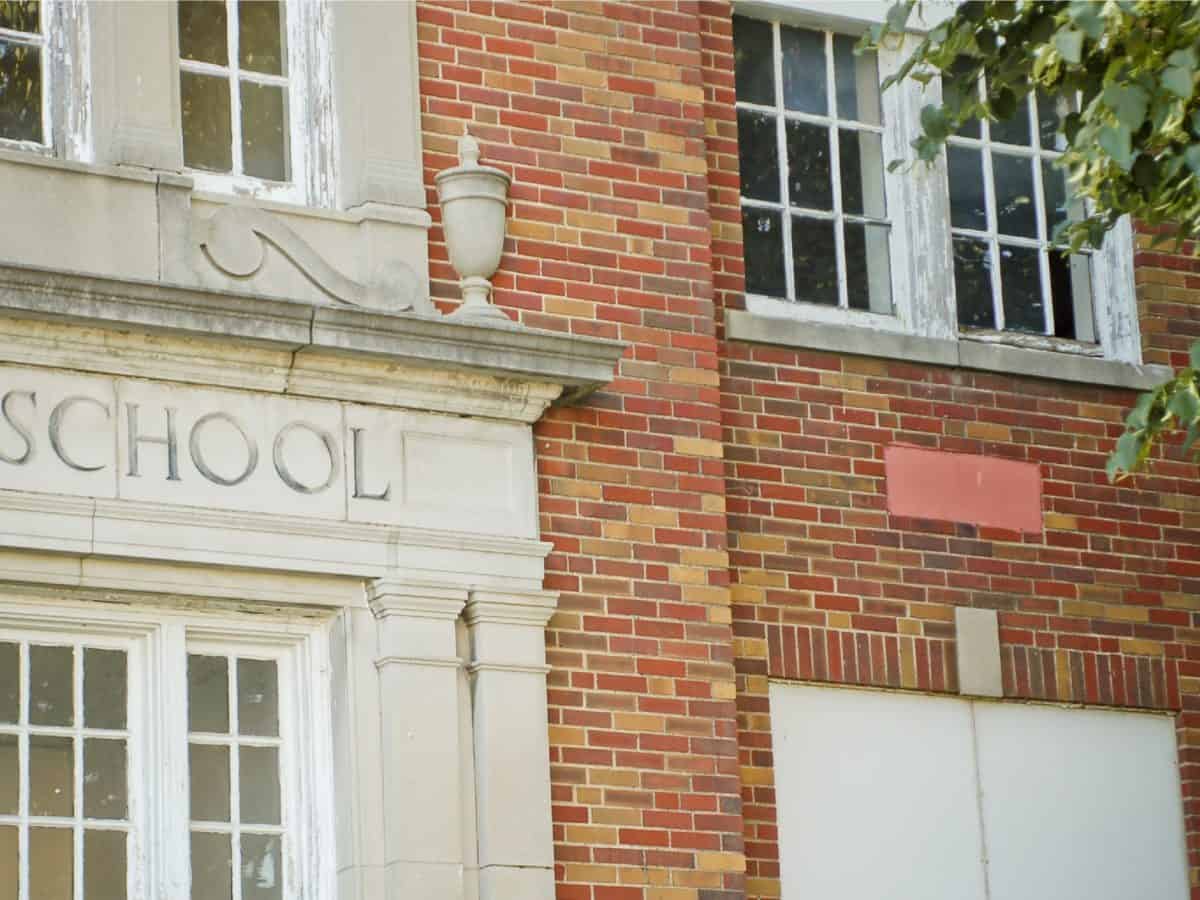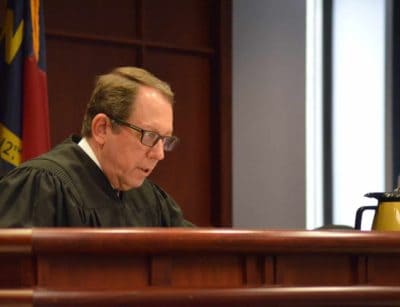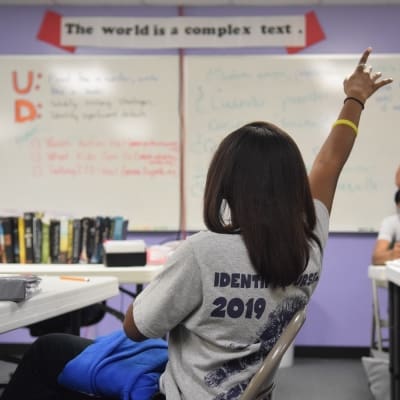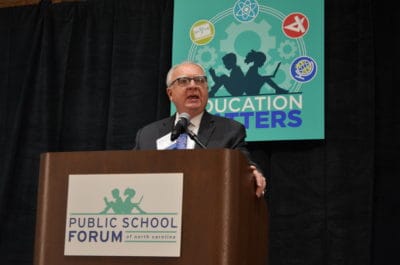

North Carolina is facing two crises in its pre-K-12 education system, one immediate and one long-term, each deepening the challenges presented by the other.
When the COVID-19 driven closure of schools fell upon the state’s educators without warning, they rapidly responded to provide their students with ongoing learning opportunities and connections to their teachers and classmates, to make food available to those eligible for in-school meal programs, and to provide virtual counseling and other supports to those who need them. The responses of educators throughout North Carolina on behalf of all their students, and especially the many students whose families lack the economic and educational resources required to enable their children to benefit from the now virtual education system, have been truly heroic.
Just before the COVID-19 crisis hit, renewed attention was being focused on North Carolina’s continued failure to meet its constitutional obligation to provide every child with the opportunity for a sound basic education, as unanimously ruled by the State Supreme Court in the Leandro v. NC decision more than 20 years ago. The renewed focus on Leandro stemmed for the release of the Sound Basic Education for All: An Action Plan for North Carolina report, which has been the subject of a number of excellent EdNC articles and led the Public School Forum to declare Leandro as the single top educational issue of 2020, in place of their usual annual top ten issues.
The Leandro Action Plan was developed by WestEd in collaboration with the Learning Policy Institute and the Friday Institute for Educational Innovation at N.C. State University in response to a consent order from Judge David Lee, who is responsible for monitoring the state’s compliance with the decision. The Action Plan’s release was followed by a Jan. 21, 2020 court hearing in which the representatives of the plaintiff districts and the defendants (the governor and the State Board of Education) agreed to the major findings in the Action Plan and, for the first time in the long history of the case, agreed to work together on a set of near-term and long-term remedies.
While the immediate COVID crisis has rightfully taken everyone’s full attention, it is important that educators and policymakers recognize that it has significant implications for actions the state needs to take to address the Leandro requirements. The Action Plan summarized the state’s prior efforts to meet the Leandro requirements and concluded:
As North Carolina educators prepare for the 2019–20 school year, the state is further away from meeting its constitutional obligation to provide every child with the opportunity for a sound basic education than it was when the Supreme Court of North Carolina issued the Leandro decision more than 20 years ago.
Unfortunately, given the impact of the COVID crisis, the state has been set back even further as we look to the start of the 2020-2021 school year.
The Action Plan documents that far too few students achieve proficiency in core content areas and that there are large and persistent achievement gaps across student groups. The well documented summer learning loss by students, and the resulting widening of achievement gaps, can be expected to increase as a result of the extended period of schools being closed.
The Leandro Action Plan also documents that 57% of North Carolina’s public-school students during the 2015-16 school year were from economically disadvantaged households and it summarizes the research showing that additional efforts and resources are required to successfully provide these children with their constitutional right to a sound basic education. This is compounded by the high concentration of economically disadvantaged students in the many schools that meet the high-poverty school criteria of at least 75% students eligible for federally subsidized meals.
The severe economic impact of the COVID crisis will increase the number of economically disadvantaged students as well as the number of high poverty schools, as it will deepen the poverty in the communities they serve.
Furthermore, the Action Plan documents the critical need for increased support for students physical, social, emotional, and mental health, and recommends a major increase in the number of nurses, counselors, social workers, and psychologists available in the schools. With the COVID crisis having detrimental impact on many families, there will be an increase in the number of students struggling with food and housing insecurities and additional stresses and traumas, increasing the need for staff to address these issues.
Of course, there is also the widely noted digital inequity issue in that many students’ homes lack the devices and internet access to participate in virtual learning, which will continue to be important for obtaining a sound basic education when schools reopen.
In the midst of the COVID crisis, we all yearn for our lives to return to normal, eager to get back to where we were before the crisis began. In our education system, it is important to recognize that returning to where we were pre-COVID is far from adequate. School leaders will need support and flexibility, along with strengthened school and community partnerships, to address the full range of needs of students and their families that make a sound basic education possible.
The COVID crisis has shown North Carolinians’ ability to make great sacrifices and change almost every aspect of their lives to protect the health and the lives of their fellow citizens. Remedying the long-standing Leandro case by providing access to a sound basic education for all children doesn’t have the same immediacy and intensity as the COVID crisis, but it also requires immediate and sustained actions, based upon the Leandro Action plan and driven by a deep commitment from all the stakeholders to protect the future of the state’s children and ensure the future economic and social health of the state.







